|
This is our closing video. We have produced it to mark the finish of this 4-year project with the intention of showing the human aspect behind the work done during this time, in Malawi, Tanzania and Zambia.
On the 10th of June, SURG-Africa held a symposium in Mangochi, Malawi, to share lessons learned, disseminate research findings, and to celebrate its achievements. Surgical specialists, the Dean of the College of Medicine, directors of clinical services and human resources from the Ministry of Health, and district hospital surgical clinicians joined this interactive event.
On the 24th of May, during the fifth and last meeting with the Advisory Board in Tanzania, SURG-Africa presented the achievements and lessons learnt from the implementation of the project, after four years working closely with local clinicians, professional associations and other stakeholders to bring quality, safe surgery closer to rural communities.
Yesterday, 30th of May, One Surgery announced the winners of its inaugural One Surgery Community Award - Voice of One Surgery 2018. Following a public vote, SURG-Africa and the mobile phone surgical clinic conducted in Malawi, was chosen for its excellence in Global Surgery, together with other three projects.
SURG-Africa will celebrate its closing event tomorrow 25th of May, on the international commemoration of Global Surgery Day and Africa Day. The event, called Leaving no one behind: Equitable access to surgery in rural Africa will discuss universal health coverage, in the context of the Sustainable Development Goals. The live webinar will be hosted by the Irish Global Health Network, from 1-2pm (Irish time).
To avoid unnecessary surgical referrals, it is essential to train surgical staff at district hospitals so they are able to perform a wider variety of operations, in a safe way. For that purpose, SURG-Africa has implemented a training system using local surgical supervisors.
Thanks to this methodology, millions of people have benefited in rural areas of Malawi, Tanzania and Zambia. They are now able to receive high-quality surgical care closer to their homes, reducing the financial and emotional burden that referrals can put on households with scarce resources. Due to the end of the project and with the intention of reaching everyone interested in Global Surgery, we will be tweeting our history and stories at @SURGAfrica.
Representatives from PORALG and professional associations viz AGOTA (OBGyn), SATA (Anesthesia), NATA (Nurses), MATA (Midwifery), Ophthalmology, and SURG-Africa Tanzania.
SURG-Africa supported development of a national operating theatre logbook for Tanzanian hospitals. Standardised data are necessary to plan for surgical services provision. By developing a national surgical data collection instrument we contributed to the improvement of the country’s Health Management Information System. Although interest in Global Surgery is growing, it remains an under-researched area. That makes it difficult to foresee unexpected encounters when implementing research projects in this field. However, these unpredictable outcomes can be part of the beauty of research.
We have lost a friend.
Tanzania and the Global Surgery community has lost an amazing committed professional who traveled around the world looking for solutions to improve operation theatres and surgery in his country. The SURG-Africa team is very proud of working closely with our partners to strengthen research capacity locally, and to support early career researchers in Malawi, Tanzania and Zambia. We congratulate and celebrate together with Judith Munthali and Musonda Mubanga on their recent graduation from the MSc in Public Health at the University of Zambia.
COST-Africa project developed a BSc course for non-doctors in Malawi. The volume of surgical procedures almost doubled between 2013 and 2015 in participating hospitals.
With a population of 18 million, Malawi has the highest rate of rural dwellers in sub-Saharan Africa (84%). The country has only 42 surgeons, all of whom work in the main city hospitals, leaving more than 15 million people with little or no access to surgical care provided by specialists. Can qualitative evidence inform health policy and practice? RCSI researchers shared their experiences and findings at the first global Qualitative Evidence Symposium.
Surgically trained clinical officers from across the country have been leaving their jobs in districts hospitals and moving away from practicing the profession. Lack of recognition by the and delays in promotions after obtaining a BSc in general surgery made some of them seek better job opportunities elsewhere. This has the potential of negatively impacting access to surgery in areas outside cities where majority of Malawians live.
Representing all partners in the project, the SURG-Africa team had a total of 8 oral presentations at the World Congress of Surgery.
From the 11th to the 15th of August, the SURG-Africa team took part in the 48th World Congress of Surgery (WCS), held in Krakow, Poland, where we had the opportunity to showcase the different aspects of the project to the surgical community from all over the world. |
Archives
August 2021
Categories |

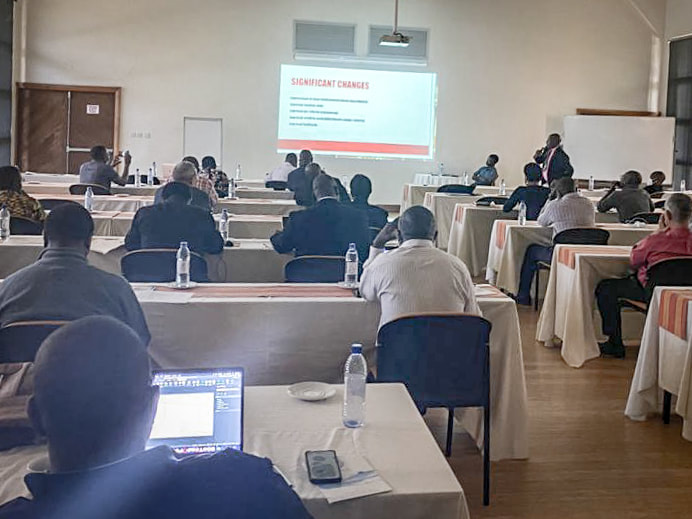
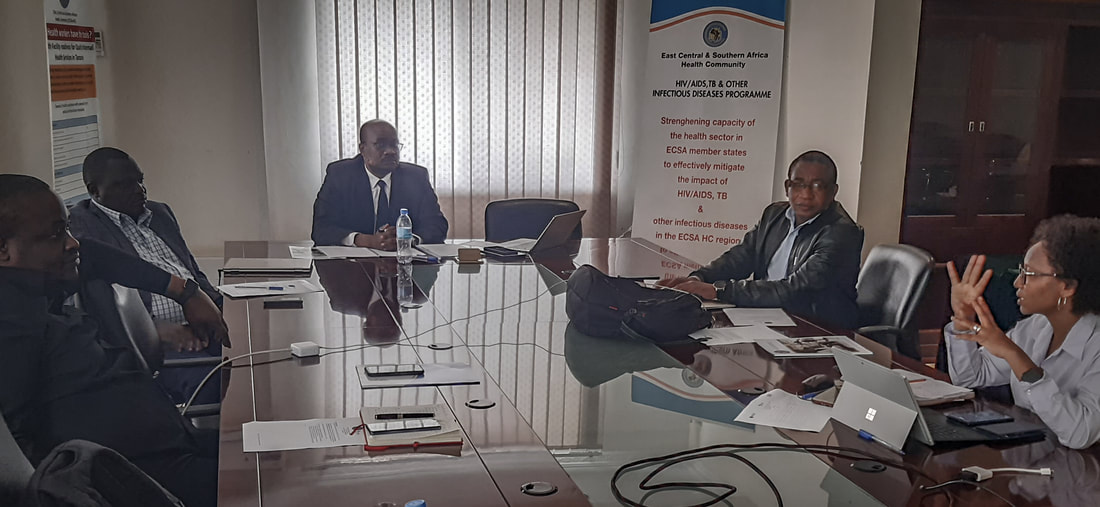
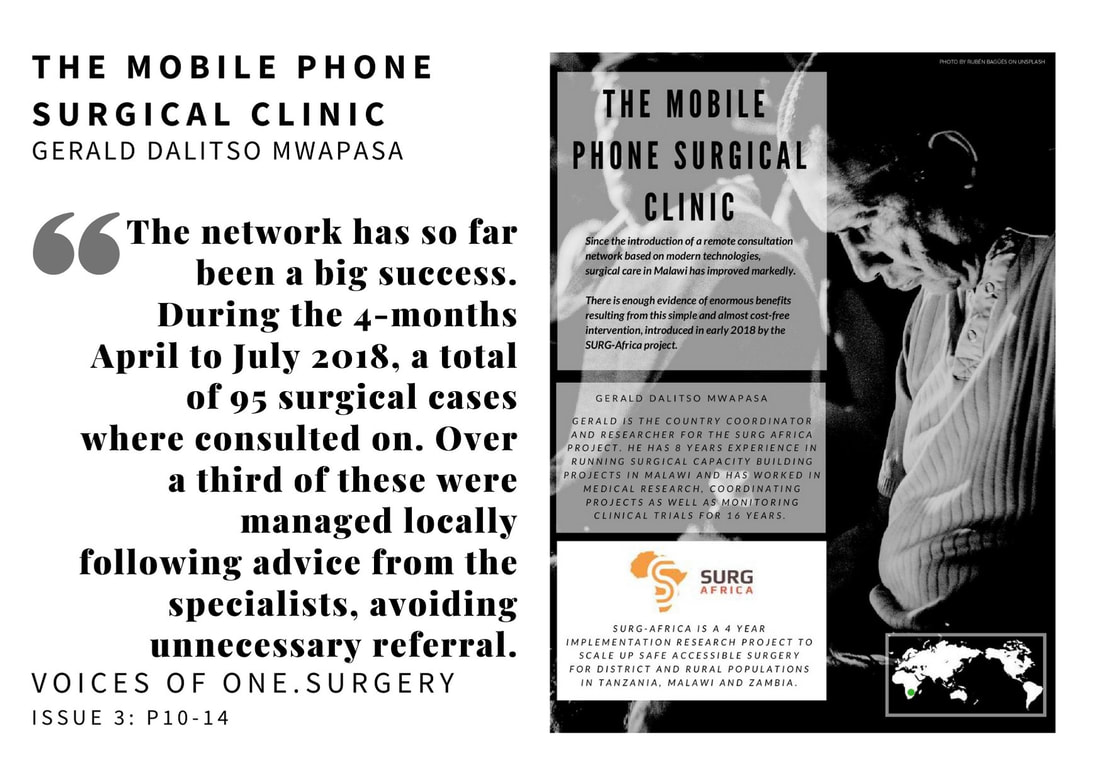
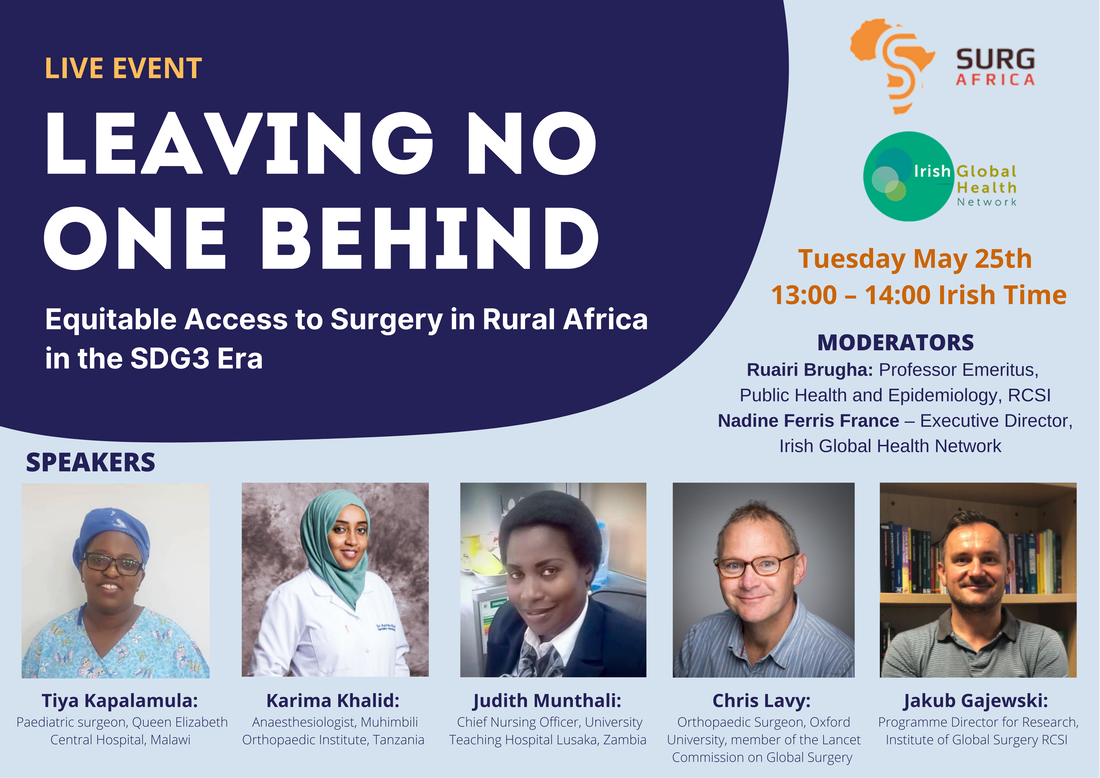
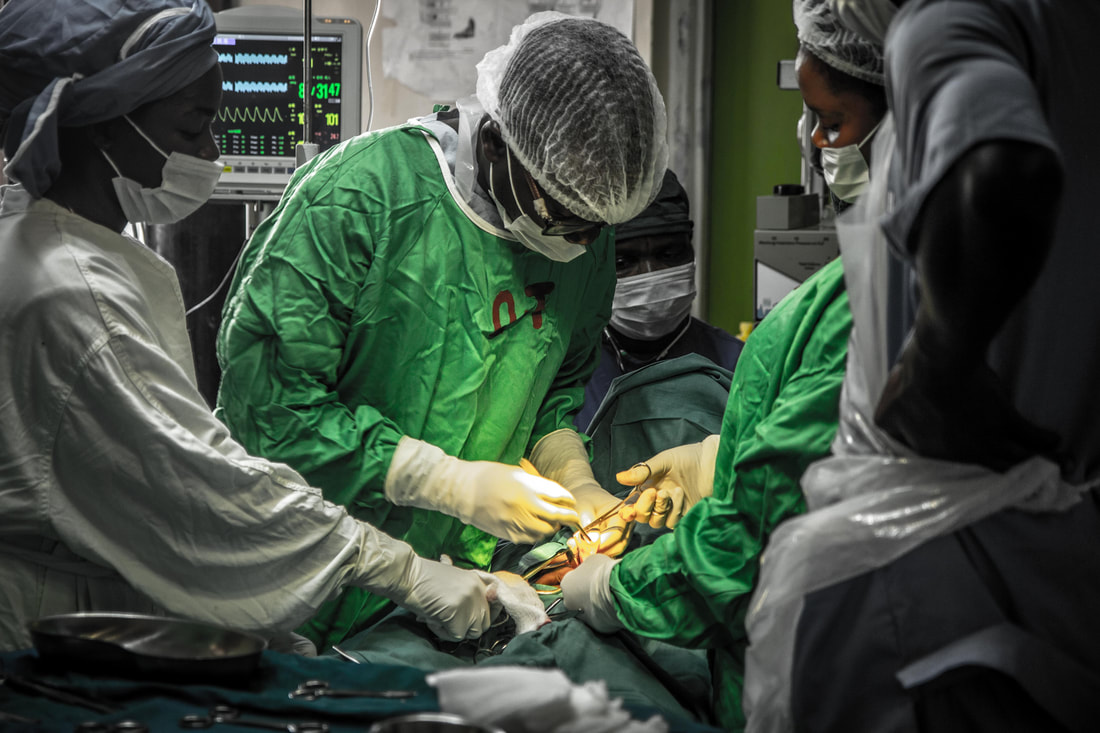
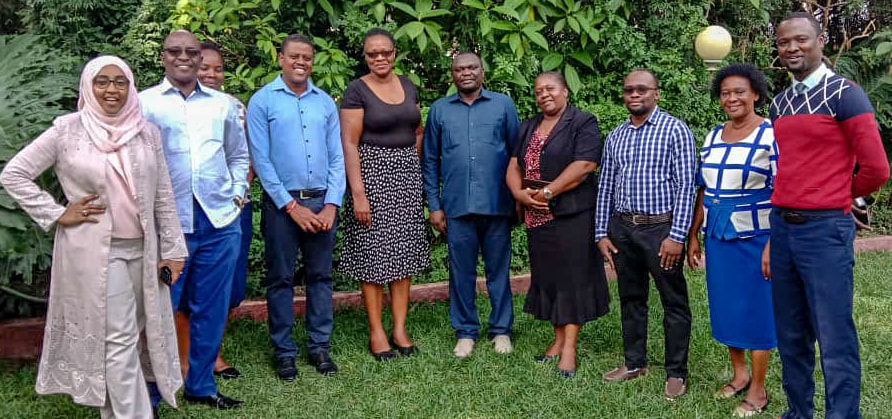

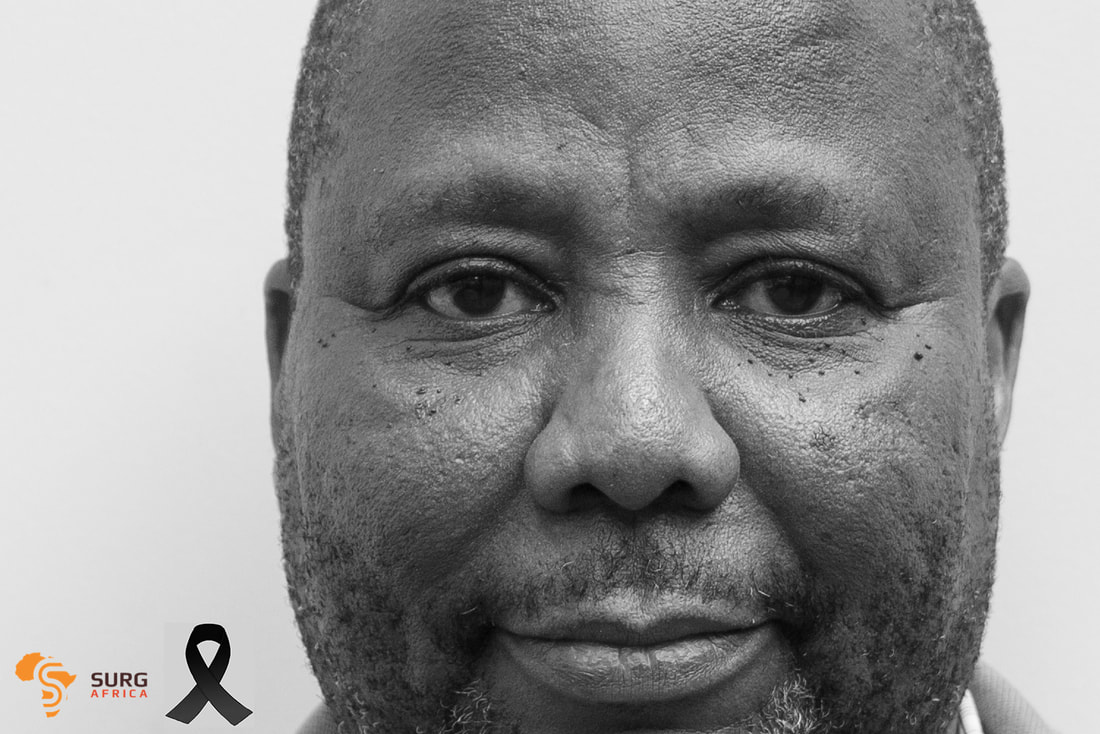

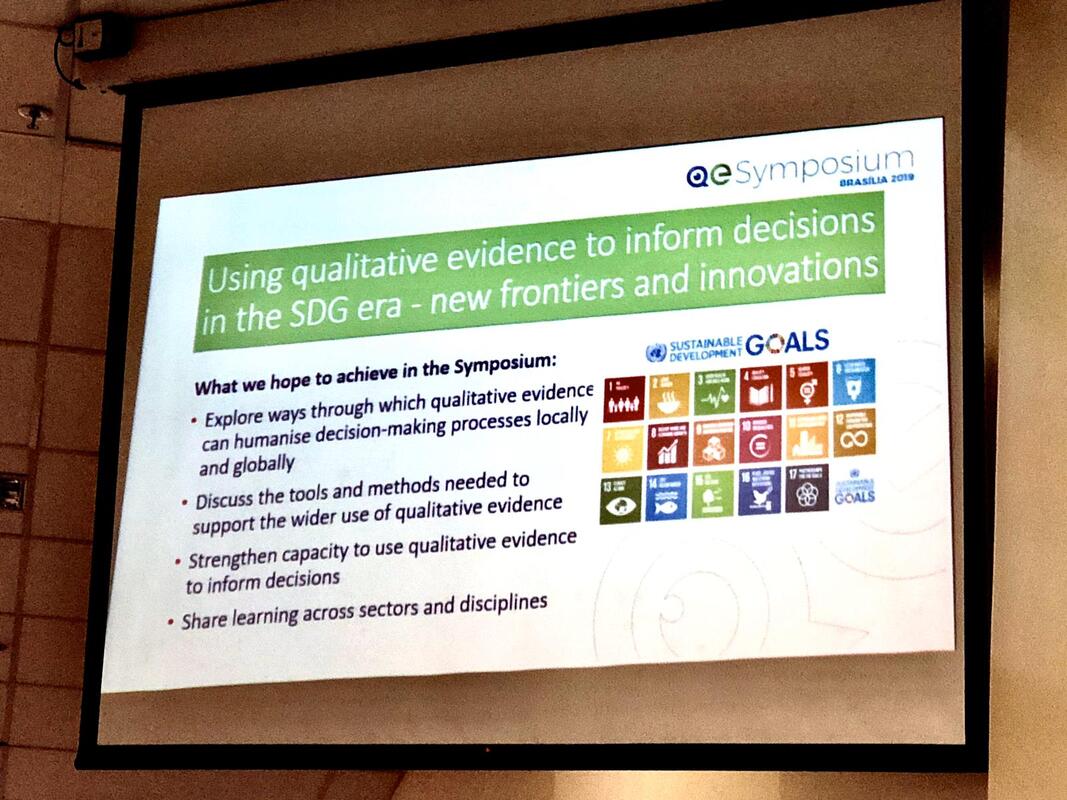
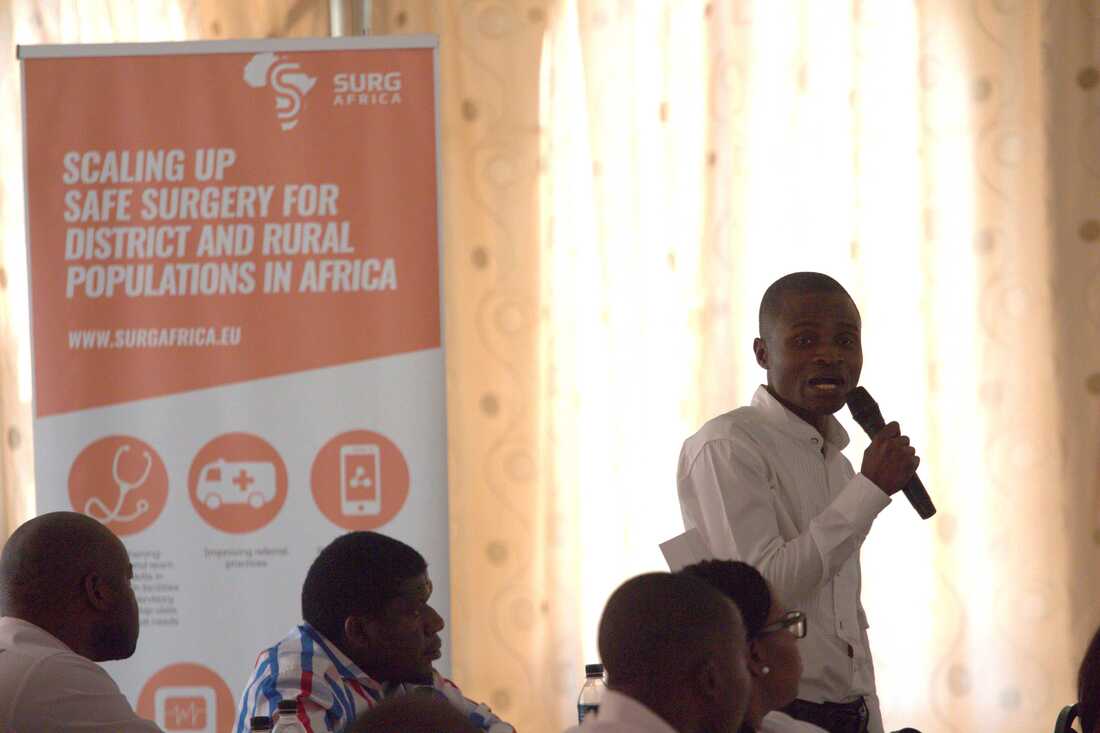

 RSS Feed
RSS Feed